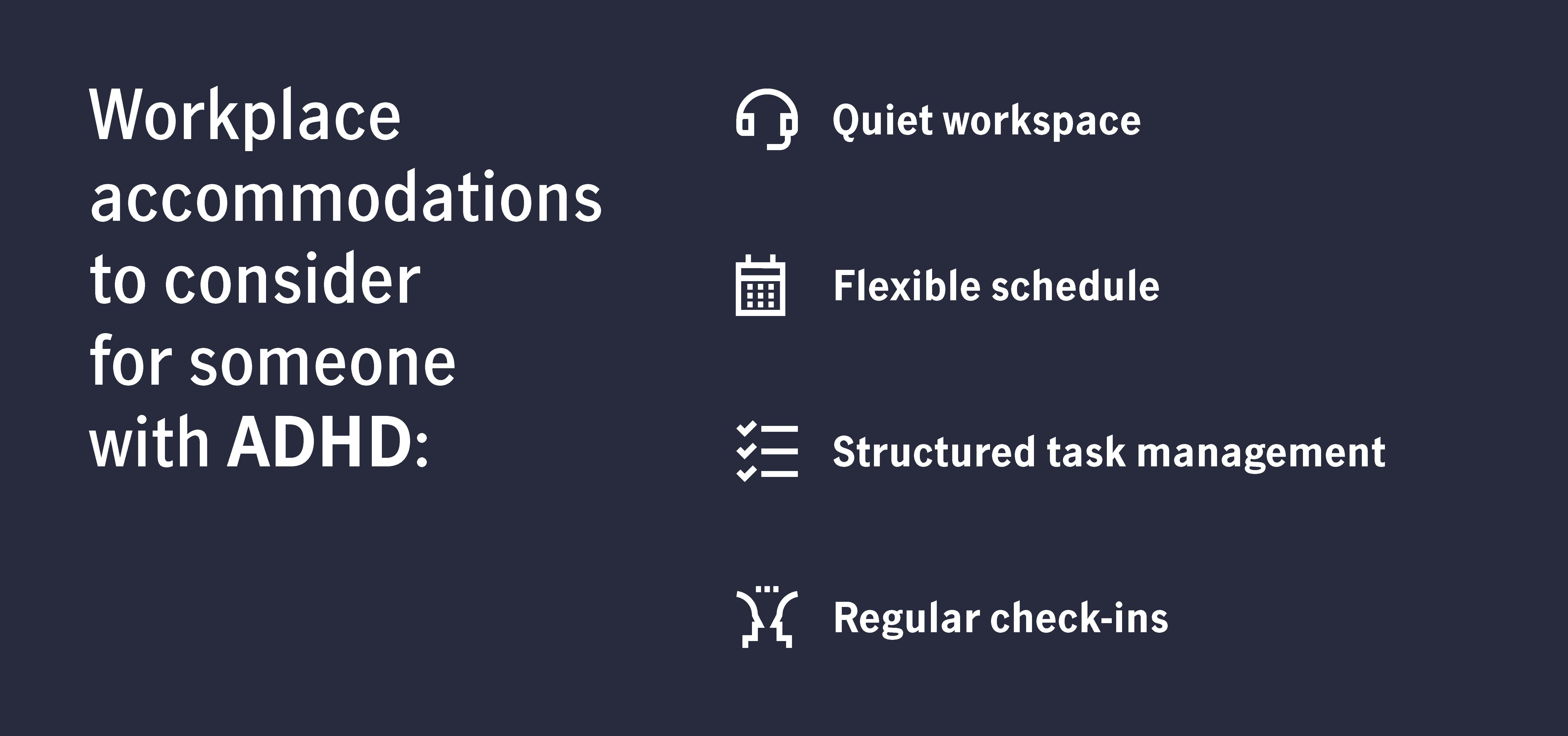The prevalence of adults with ADHD in Canada
Attention deficit hyperactivity disorder, or ADHD, is a neurodevelopmental condition that can affect a person’s behaviours, their ability to focus, and their memory. It is one of the most common neurodevelopmental conditions in Canada, affecting 4 to 6% of adults in the country.
Adult diagnoses have been increasing in recent years and this has been noticed within Manulife’s group benefits claims data, too. Over the course of the last five years, Manulife has seen a steady increase in adults submitting claims for ADHD medications. From 2021 to 2022, the number of unique claimants for ADHD medication ages 18 and over grew by 24.5%.
ADHD claims on the rise: What you should know
This article will help you act to create a more inclusive, supportive workplace for people with ADHD.
ADHD and the workplace
ADHD can have an impact on your employees and teams, but there are important things you, as an employer, can do to help your employees with ADHD be at their best in the workplace.
Making some small changes, which will be outlined in this article, in the way you support your employees and structure the working environment can go a long way in helping someone with ADHD feel more supported. It’s important to remember, though, that each person’s experience with ADHD is unique so it’s best to maintain an open dialogue to gain a better understanding of an individual’s specific needs and preferences.
Symptoms of ADHD vary and can be experienced differently from one person to the next. The impact these symptoms can have on the workplace depends on the individual and their work environment, says Dr. Steve Pomedli, Manulife Group Benefits Medical Director, Cleveland Clinic Canada.
“Attentional symptoms can appear as distractibility and difficulty following along in meetings or conversations, or challenges with more detailed work, planning or timeliness,” says Dr. Pomedli.
“Hyperactivity symptoms can manifest as a need to move or change positions frequently, a drive to stay busy and multitask, or difficulty with more repetitive tasks. Impulsivity symptoms can appear as a tendency to speak out of turn, interrupt, or a low tolerance related to frustration.”


